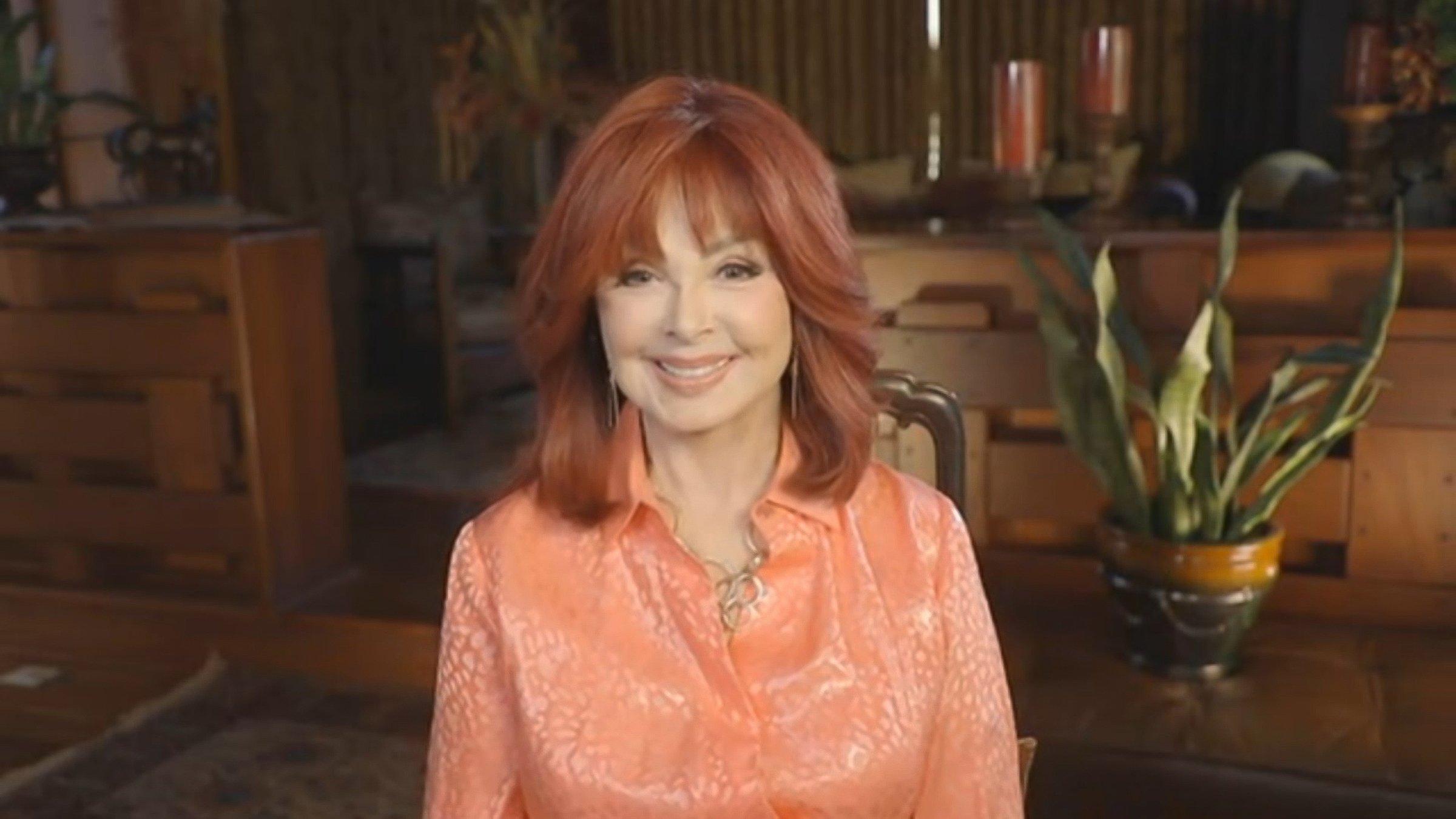Naomi Judd Was Open About Her Battle With Depression With the Hope of Helping Others
People worldwide were shocked and saddened when they learned that country superstar Naomi Judd had passed away just one day before her induction into the Country Music Hall of Fame.
Her daughters, Ashley Judd and Wynonna Judd, released a statement saying they had lost their mother to “the disease of mental illness.” Judd has been very open about her struggles over the last few years with depression and anxiety.

Naomi Judd’s history with depression
Naomi Judd has previously discussed her battles with mental health, saying she has dealt with it her entire life. However, she said things worsened in 2012 while she was on The Judds’ “Last Encore” tour after buried memories of childhood molestation resurfaced.
“I never dealt with all the stuff that happened to me, so it came out sideways, as depression and anxiety. Depression is partly genetic, and I have it on both sides of my family,” she wrote in a 2017 essay for NBC News.
Her depression was so severe the singer said she was literally immobilized. Her muscles atrophied from lack of movement, and an elevator had to be installed in her home to help her go between floors in her house. Eventually, she was diagnosed with treatment-resistant severe depression.
“Treatment-resistant because they tried me on every single thing they had in their arsenal. It really felt like, if I live through this, I want someone to be able to see that they can survive,” she explained on Good Morning America.
How touring affected Naomi Judd’s mental health
While performing for her fans brought Naomi Judd joy, the singer said that the aftermath of touring was extremely difficult.
“I would come home and not leave the house for three weeks and not get out of my pajamas and not practice normal hygiene. It was really bad,” she said.
After the “Last Encore” tour, Naomi Judd said her depression got so bad she seriously considered suicide. The country singer eventually got the help she needed and combatted her mental illness with new medications, therapy, and working on improving her relationships with her daughters.
Naomi Judd’s work to help others with depression
Naomi Judd’s own experiences led her to become an outspoken advocate for others with mental illnesses. She went on to partner with the National Alliance on Mental Illness and the Vanderbilt Psychiatric Hospital to fight the stigma surrounding mental illness.
“So I know now that there are almost 44 million people in America that experience mental illness in a given year,” Naomi Judd, reports NBC. “If you’ve got a pulse, then you’re fighting some battle, whether it’s a diagnosis of depression, like 16 million people, or one of anxiety, like 42 million people, or something else. And there’s power in numbers: it means that there are other people. You’re not alone.”
Her efforts to shed light on the struggles people face when dealing with depression helped many around the world, even as she battled her own mental health issues for most of her life.
If you or someone you know is in crisis, call the National Suicide Prevention Lifeline at 800-273-8255, text HOME to 741741 or visit SpeakingOfSuicide.com/resources for additional resources.


